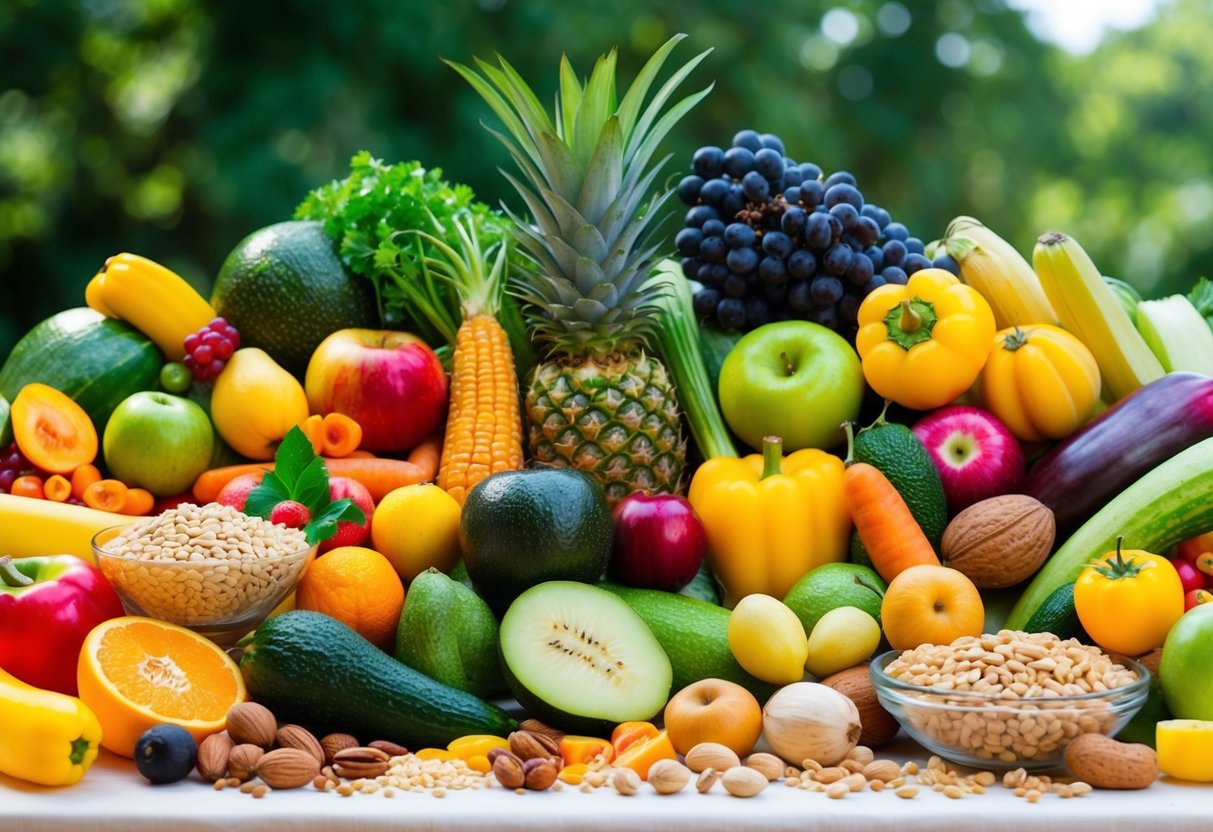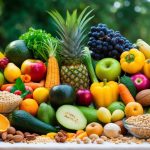
The Role of Vitamin C and Vitamin B12
Vitamin C is well-known for its immune-boosting properties but also offers energy-enhancing benefits. It is crucial for the absorption of iron and supports the adrenal glands, which can help manage stress levels. Citrus fruits, berries, and peppers are excellent sources.
Vitamin B12 is vital for nerve function and the formation of red blood cells. Without sufficient B12, individuals may experience fatigue and weakness. Foods like fish, meat, poultry, and fortified cereals are good B12 sources. Those with dietary restrictions or absorption issues might need supplements to maintain adequate levels.
These vitamins and minerals, when included in a balanced diet, contribute significantly to sustaining energy and overall vitality.
Hydration and Its Impact on Energy
Adequate hydration plays a crucial role in maintaining energy levels. It influences physical performance and mental alertness through water intake and the consumption of caffeinated beverages and sports drinks.
Water as a Fundamental Energy Source
Water is vital for sustaining energy levels throughout the day. The body relies on water to carry out essential functions like nutrient transport and temperature regulation. When the body is well-hydrated, it can operate more efficiently, minimizing fatigue and boosting alertness.
Dehydration can lead to decreased physical and cognitive performance. Symptoms of dehydration include tiredness and reduced ability to concentrate, which can impact daily activities. It’s important that individuals prioritize regular water intake, aiming for at least eight 8-ounce glasses per day, though needs can vary based on factors like activity level and climate.
Effects of Caffeine and Sports Drinks
Caffeine is commonly used as a stimulant to boost energy temporarily. Found in coffee and tea, it works by blocking the neurotransmitter adenosine, leading to increased alertness. However, excessive consumption may result in jitteriness or a crash in energy levels later on.
Sports drinks serve a different purpose by replenishing electrolytes lost during intense activities. They contain sugars and salts that can provide quick bursts of energy. These drinks are most beneficial during prolonged physical exertion but should be consumed in moderation due to their sugar content.
For optimal results, individuals should balance the use of these stimulants with adequate water intake to avoid dehydration and maintain stable energy levels throughout the day.
Smart Snacking for Energy Management
Managing energy levels efficiently requires thoughtful snack choices that avoid unnecessary sugars and preservatives. Selecting nutrient-rich options can offer sustained vitality throughout the day.
Nourishing Snack Ideas
Snacking wisely can maintain energy without the crash associated with processed foods. Fresh fruits such as berries are a great option as they are high in antioxidants and natural sugars, providing a quick energy boost. Nuts like almonds and walnuts are praised for their protein and healthy fats, playing a crucial role in keeping hunger at bay and maintaining stable energy levels. Including hummus with carrot sticks offers a rich source of fiber and protein, which helps in sustaining energy over time.
Nut butter on whole-grain bread or sliced bananas makes for a satisfying and energizing snack. Yogurt with chia seeds can be another excellent choice, offering probiotics and fiber. Incorporating a mix of these nutrient-dense snacks into the daily diet can lead to more balanced energy management. The focus should be on variety and moderation to enhance nutrient intake while keeping energy consistent throughout the day.
Minimally Processed Foods Over Energy Bars
While energy bars can be convenient, they often contain added sugars and preservatives. Opting for minimally processed foods can provide more natural energy and nutrients. Fresh fruits, vegetables, and whole-grain snacks typically hold fewer artificial ingredients and preservatives, making them a healthier option. Nuts and seeds, with their natural oils and beneficial nutrients, are preferable for sustained energy release.
Homemade oat bars or trail mix offer convenience and allow control over sugar and ingredient content. Selecting popcorn made from whole grains is a light yet satisfying choice that offers fiber and nutrients without excessive processing. These minimally processed options provide essential nutrients while optimizing energy levels and supporting overall well-being throughout the day.



